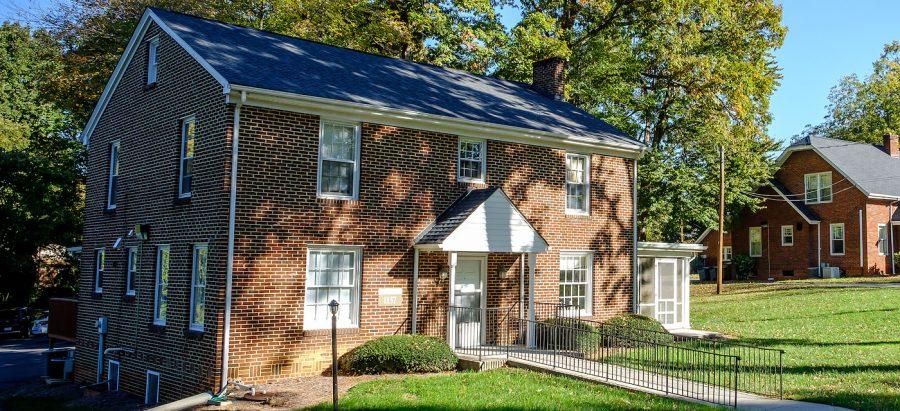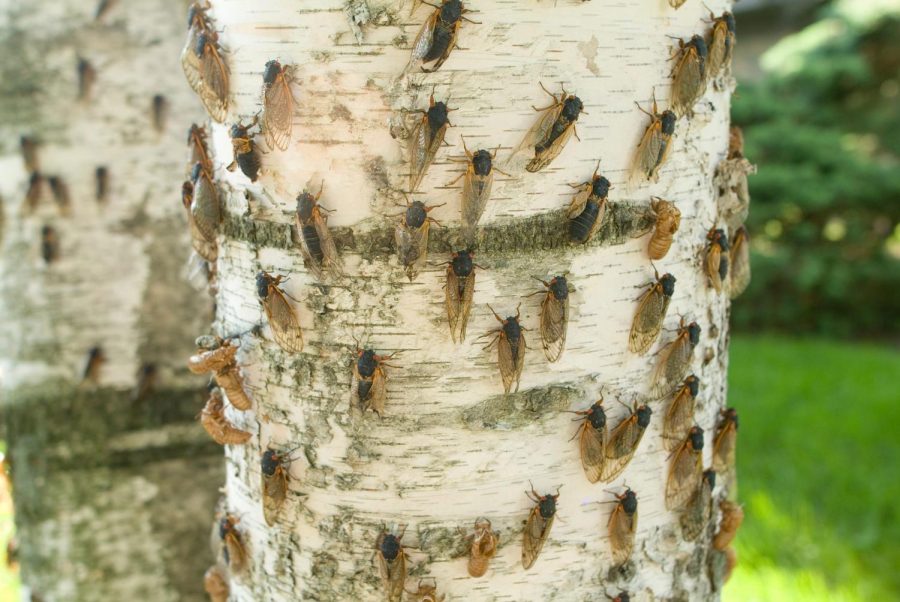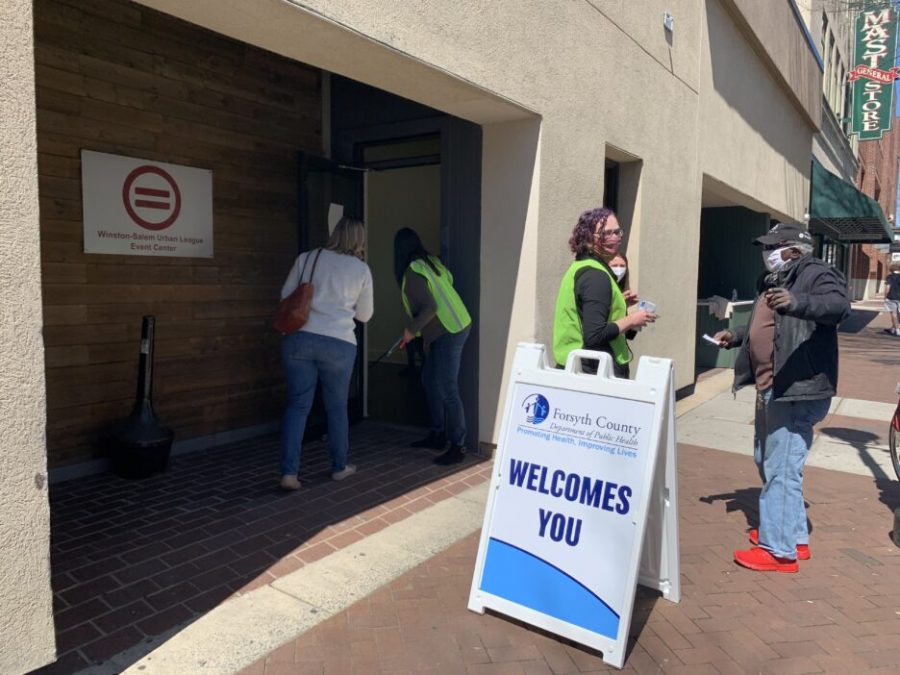At 1157 Polo Road, there stands a relatively unassuming house. Inside, however, the house is home to 11 students who are bonded together by their mission to live a sustainable lifestyle.
The Sustainability House, which is fondly referred to by its residents as The Susty House, is one of many themed homes where students have the opportunity to live among like-minded individuals. At Susty, it’s all about helping the planet while helping each other.
“You can talk about anything from TV shows to climate change,” said senior Ellie Bruggen, who has lived in the house for three years. “The issues our planet faces should be everyone’s problem to solve, and Susty really embodies that.”
Now more than ever, as the effects of climate change take more significant tolls on the planet, climate experts say it is essential to take action and foster communities that can fight against the irreversible effects the Earth is facing. Young people with passion and bright ideas — like Swedish environmental activists Greta Thunberg — can shape the sustainable future that leading scientists are hoping humanity will create.
Students at the house have taken on a variety of broad goals and initiatives with the Office of Sustainability. They most often help the office with their campus projects and enterprises.
Their next big group project was going to be Earth Month, which was to be hosted by the Sustainability Office to celebrate the 50th Earth Day, 25 years of the undergraduate environmental program, 10 years of the Office of Sustainability and five years of the sustainability graduate programs. However, due to the campus shutdown regarding COVID-19, that will no longer take place this spring.
“It really is a bummer; we were all so excited for it,” said sophomore Karl Gustafson, who joined the house this year.
“We all made banners for the event, sad to think that they are hanging up in the empty house,” said sophomore Sakina Barthe-Sukhera, who is also a brand-new resident of Susty.
As a house, students work on their individual actions as well. Generally, they all try to take a shorter shower to conserve water and turn off lights when leaving rooms. The house is equipped with a composter to dispose of food waste and the Campus Garden is right next door that many of the students tend to in their free time.
Students bring their sustainable mindsets into the community as well. Mostly through volunteer work at places like Campus Kitchen, where the conservation of food is vital for keeping landfill size down. Further, Barthe-Sukhera organized a climate strike in the fall of 2019 to try and reflect the message of Thunberg, who started global weekly protests for climate action by young people. Some students are involved in Alpha Phi Omega, the co-ed service fraternity that works on ways to serve the community.
“There is a misconception about the Sustainability House and the people that live there,” said said senior Julia Stevens, who joined Susty sophomore year. “We bring in all people who need a community, not just environmentally aware people.”
“Living in Susty gave me a chance to have both a community based and personally based sustainable lifestyle,” said junior Annabel Clark, who’s first semester living in the house was cut short.
The alumni network that Susty builds is small but strong, and many alumni come back and even follow the “gardengroupies1157” Instagram account long after they have graduated. The traditions and bonds that are made during their time at the university is something very special to Susty’s residents.
As the national battle with COVID-19 rages on, little communities like Susty have been torn apart on the university’s campus. Yet, with hope, those not graduating will be returning to Susty and soon to be alums will always carry the memories with them.
“Once you live there, you never stop living there,” Clark said. “You can and will always be a part of our community.”
The Susty House is also known for its spaghetti nights. When talking about spaghetti night, the residents of Susty can’t help but giggle and explain with controlled excitement their beloved tradition. A bi-monthly practice, the 11 residents cook a huge pot of spaghetti — sometimes using the in-season vegetables grown in the garden. They then invite everyone on campus, from friends to complete strangers, to convene in the living room for conversation.
The Sustainability House works hard to include as many people as possible to make new and healthy friendships and hopefully help the Earth along the way.
“Not everyone can climb mountains or believes in God,” Stevens said. “But everyone can come to eat spaghetti.”










